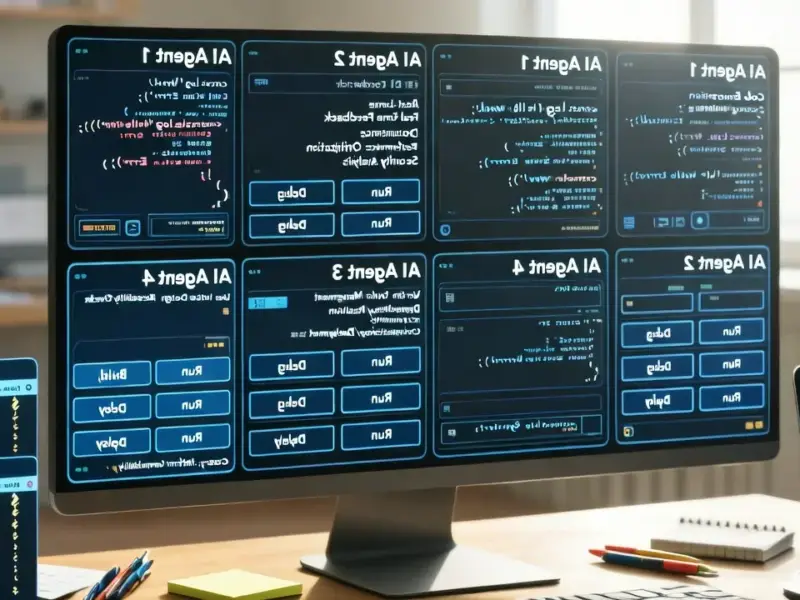According to Thurrott.com, Microsoft will launch .NET 10 at its annual .NET Conf virtual conference running from November 11 to 13, 2025. The free three-day event will feature the official release of .NET 10 alongside deep dives into Visual Studio 2026. Microsoft principal tech program manager Jon Galloway confirmed the conference will emphasize cloud-native development with Aspire, upgrading applications to .NET 10, and building AI-powered apps with the new Microsoft Agent Framework and Model Context Protocol support. The event kicks off November 11 with a keynote by Scott Hanselman and the .NET team, streaming on the .NET YouTube channel and .NET Conf website. Naturally, there will even be a Commodore 64 session for the retro computing enthusiasts.
Why This Timing Matters
So why launch .NET 10 now? Look, Microsoft‘s playing the long game here. They’re strategically positioning this release to capture developer momentum heading into 2026, when Visual Studio 2026 will presumably get its full release. The heavy focus on AI tools and cloud-native development isn’t accidental either – that’s where the money and developer interest are flowing right now. Basically, they’re making sure .NET stays relevant in an AI-dominated landscape.
The Bigger Business Picture
Here’s the thing about Microsoft’s .NET strategy: it’s not really about selling the framework itself. The real revenue play is in Azure consumption, Visual Studio subscriptions, and enterprise support contracts. When developers build more cloud-native applications with Aspire, that drives Azure usage. When they upgrade to .NET 10, that often means buying into Microsoft’s broader ecosystem. And let’s be honest – the AI framework integrations? That’s Microsoft making sure their AI services become the default choice for .NET developers.
Who Actually Wins Here?
Enterprise developers with existing .NET applications probably get the most immediate value. The conference’s focus on “quickly and confidently upgrading existing applications” directly addresses their biggest pain point. But cloud developers and AI enthusiasts get plenty too – the Aspire and Agent Framework sessions show Microsoft doubling down on these growth areas. The real question is whether these tools will be genuinely useful or just another layer of complexity. Given Microsoft’s track record with developer tools, I’m betting they’ll deliver something actually practical rather than just buzzword-compliant.




